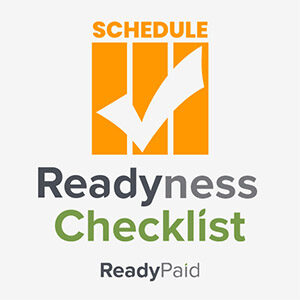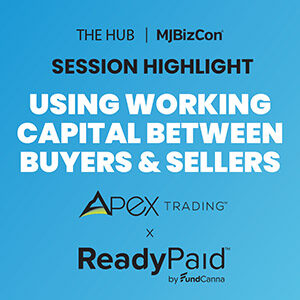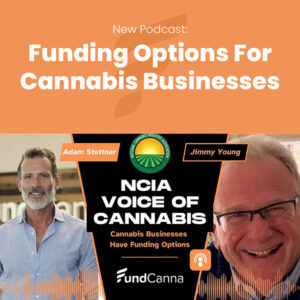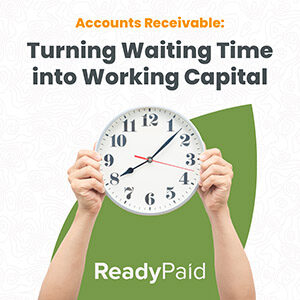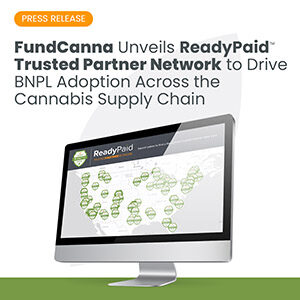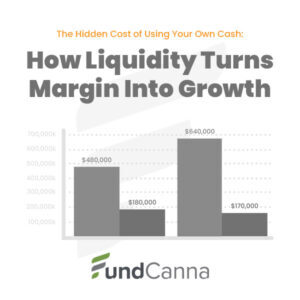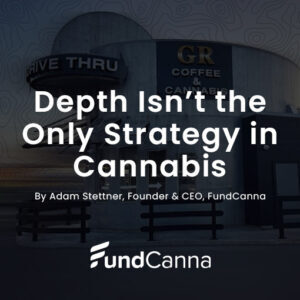FundCanna Founder and CEO Adam Stettner recently spoke at the Benzinga Cannabis Capital Conference where he shares insights into what makes a Cannabis Business 'financially fit', what criteria FundCanna looks for, and an incredible 'war story'. Watch the panel below!
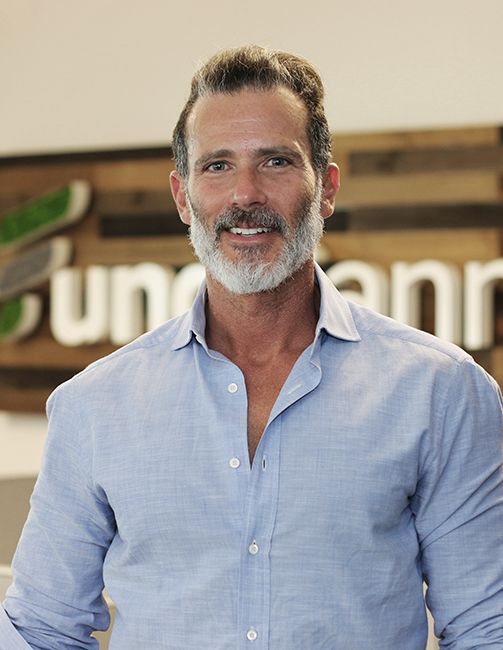
Full Transcript:
Moderated by: Jeanne M. Sullivan, Arcview Ventures
Moderator: Adam, So I learned much from you in prep for today.
I Have been openly vocal about high interest rates, but this is what I learned from you.
Hey, you're there fueling growth when maybe nobody else is. And I've also learned that it's not necessarily long-term debt. Talk to us about what it takes, more about FundCanna, what it takes to be 'fit' for your kind of loan, what's going on, and some war stories too.
Adam: Well thank you. War stories? *chuckles* So first what I'll say is fitness, we talk about banking. I want to be clear, getting a bank account, I don't want to say it's easy, but it's not necessarily difficult provided, look, this is a difficult business, and in order to operate legally, you had to go through a lot of hurdles to get where you are as an operator to get licensed.
I think getting banked as a deposit account is easier than many, certainly in Washington DC act. It's a lot easier than they act, and for that reason I think the fitness associated with banking, when we talk about lending, it's not even about profitability. This industry is so unique in the way taxation works and corporate structures are handled by operators.
So for me, if I were giving feedback, FundCanna or otherwise, if I'm giving feedback, it's really about having an understanding of how the money will be used, what your margins are, how that money will be applied, and what the repayment terms look like.
And always thinking about in terms of fitness and strength, always thinking about what the loopholes are. And by that I mean, are there non-usage fees for parked capital that's not being drawn? Are there pre-payment penalties when money is going to be paid back? And how might that affect your business?
It's not just about qualifying for the capital. And, for that, what I would say is to be fit, when you're raising equity, that's a different animal, but when you're looking at debt or being fit as a borrower, you're going to need cashflow.
Debt is not a great tool for pre-revenue business. So the first element of fitness would be you need some cashflow because it's very hard to determine how you qualify for repayment and how that repayment will impact your business if you don't have a baseline of revenue from which to calculate.
And then, you mentioned 'war stories'. What I'd say is after 20 years in lending, and hundreds of thousands of clients outside of cannabis, and now 2200 applicants within cannabis, I would say we're not long-term. We're not a long-term solution. FundCanna is not. You don't want to buy real estate and have a long duration note with a company like ours. There are lots of companies for that.
But short term solutions? Inventory turnover? Growth cycles? Bridge Capital? Money that gets you to long duration, that's where we thrive.
Clients grow with us because they use our money to unlock the hamster wheel they're stuck on. Terms never match revenue cycles and that's a problem. And so is COD and that's also a problem.
And so using a revolving type of facility, whether from FundCanna or otherwise, is a great way to grow the business. And the way you qualify for that, again, cashflow. Cashflow is what matters because without it, you really can't determine payback.
Now, war story, I'll just give you an example. A manufacturer comes to us. His problem is he has the ability to take more orders. He doesn't have the ability to fill them. And that is more common than you'd realize with a lot of the narrative we hear in cannabis being negative.
It's not all negative.
There are a lot of businesses that are stuck, and the thing that unsticks them is access to money.
And so he came to us with this ability to take on more orders, but an inability to buy the raw materials to fill them.
And so we funded him the first, the first funding we gave him, and it sounds crazy, the first piece of capital we gave him was below $30,000. He wanted to test us.
And with that $30,000, he placed an order and took an order that worked, and then he came back, and came back again and again and again. And over 29 cycles borrowed over $2 million. His top-line revenue grew 500%. And he, this is over 2 years with us, and he approached us at another conference, late last year, and gave our head of sales a hug and told us that he had just sold his business.
Now, those kinds of stories are amazing, but you would, you would have to believe when I tell you if we look across all of our applicants and everyone that's ever funded with us, the average client after funding with us inside of 10 months grew by 54%. Actual statistic.
And it just shows you that this industry is locked because they don't have access to capital.
You unlock their ability to grow by providing liquidity with flexible terms, and the underlying businesses grow as well.
Moderator: And you loaned billions before this zany industry, right?
Adam: Yeah, I did. And what I would say is traditional small business, where I put out three and a half billion, underwrote over a million clients. They get declined by traditional banks at a rate of 75-80%.
I'm talking retail, restaurants, contractors, dry cleaners, all the businesses we frequent every day. They were never illegal. They were never considered 'high risk'. The very banks that take their money as deposit accounts do not lend to them at a rate greater than 25%.
And so what I learned in 15 years of doing that and servicing all of that on balance sheet is there is perpetually a need for small and medium sized business to be serviced outside of traditional banking.
It doesn't mean that you don't need to be fit for banking or that you don't need to pay attention to compliance and regulatory matters. Of course you do, and we will only work with legal banked businesses.
But there will be a perpetual need here, whether safer, descheduling, rescheduling, any of that happens. We will always be an underbanked industry. That's okay. We will thrive. We need these advancements, but we will thrive despite that.
But it is not unlike traditional small & medium sized business. They have been underbanked for decades.
Moderator: And you don't collateralize with the license or the real estate, right?
You've said more than once today, cashflow is what you want.
Adam: Yeah, correct. I am always a student, never a professor. But what I would tell you is I have studied unsecured lending for over 20 years. I am not an expert in real estate lending so I don't pretend to be one. And I don't know what to do with your license. And I'm not licensed in cannabis. I don't know what to do with your product.
So I would tell you that equity is the most expensive capital you can raise because once it's gone, it's gone forever. However, with the right partner, it's incredibly valuable. And then finding the right lender for the right need is very important.
So I would just say, please, do your research. Google is your friend. You want to know who you're working with. You want to understand the terms with which you're working.
Moderator: We're in interesting times, especially around the money.
So I just learned, and I hope you did too, there is money out there.

Watch the full panel:
Get the working capital you need. Fast.
Approvals in as little as 24 hours
More From Our Blog
Follow Us
Explore
info@fundcanna.com


